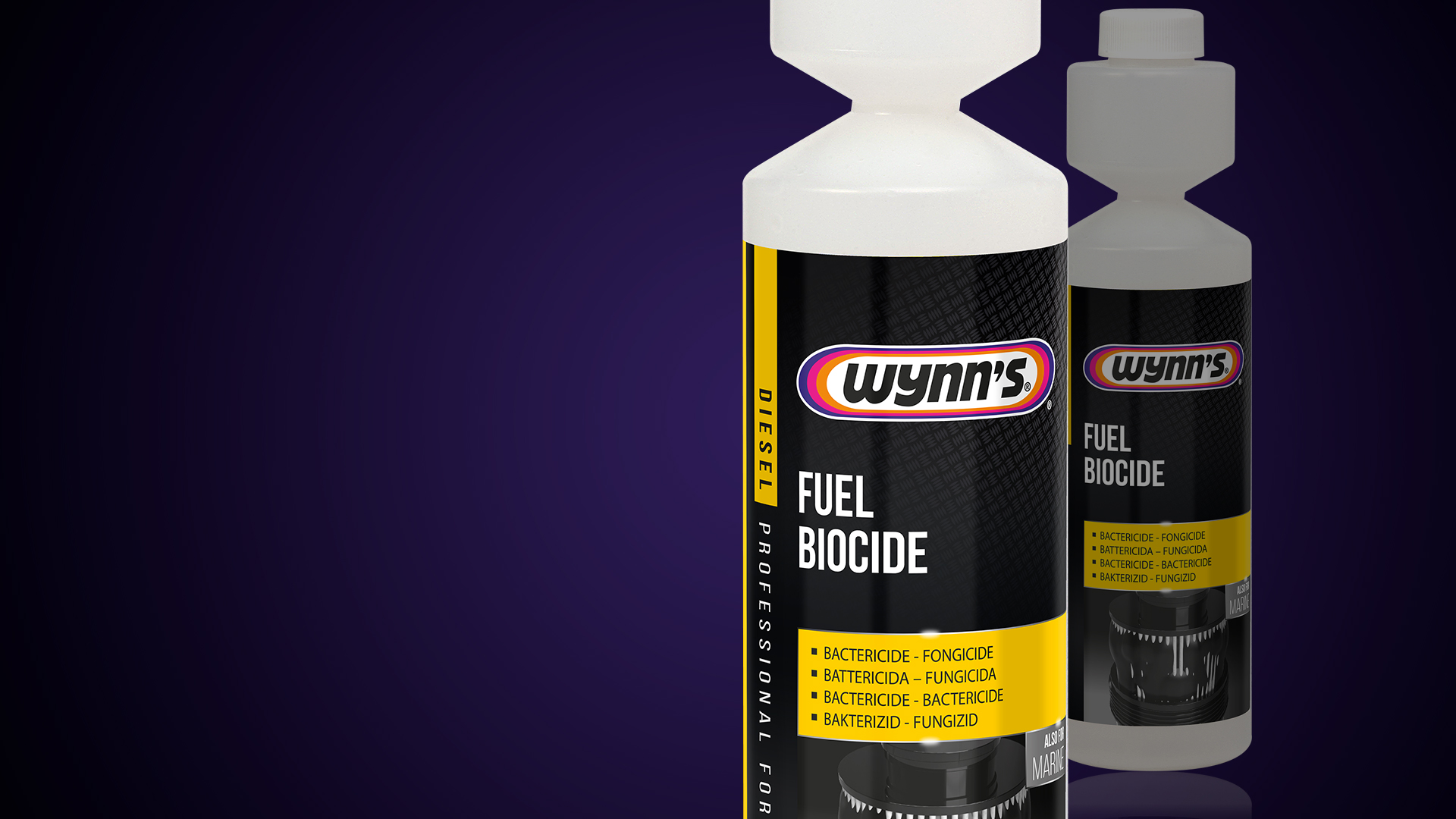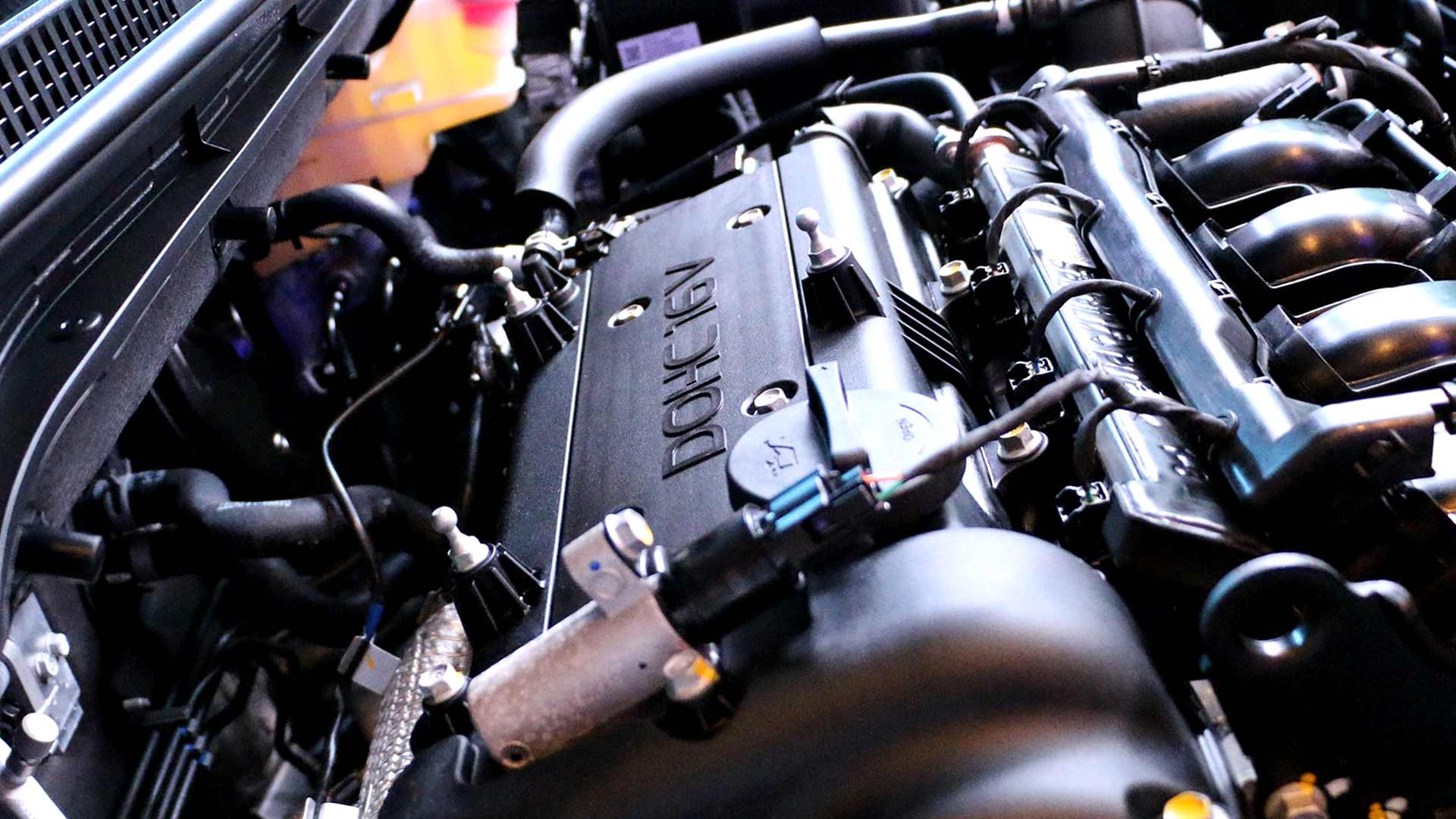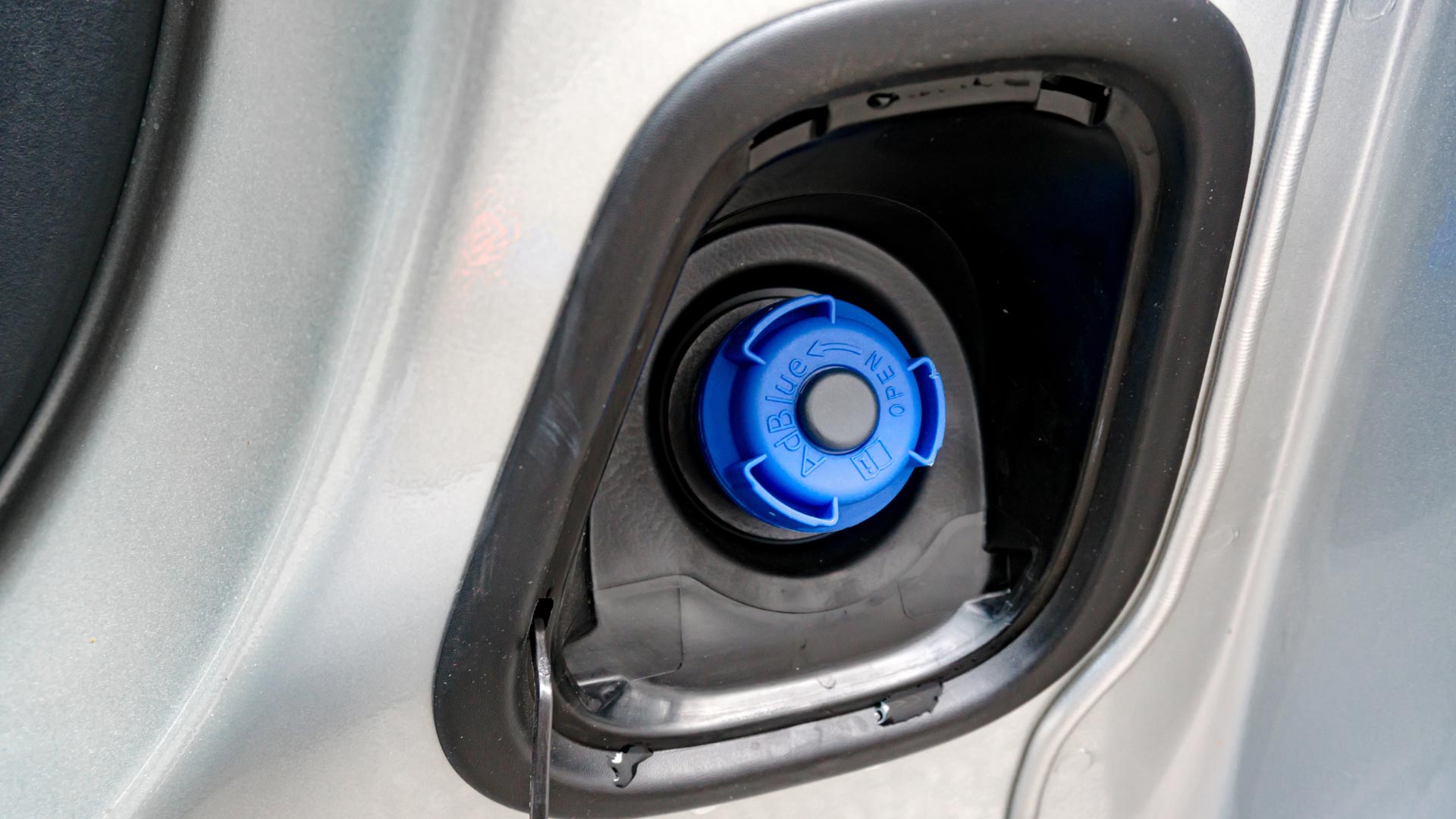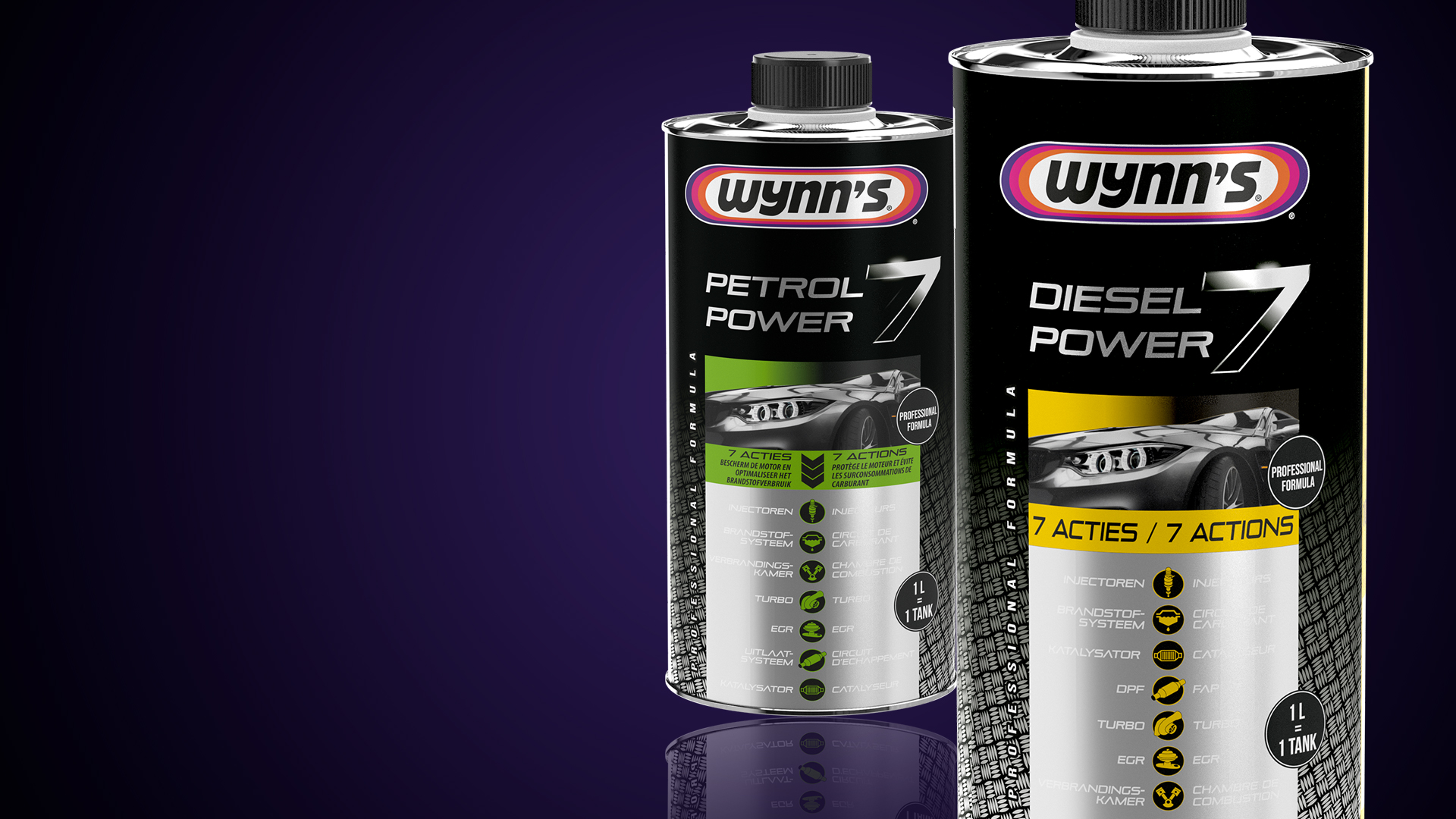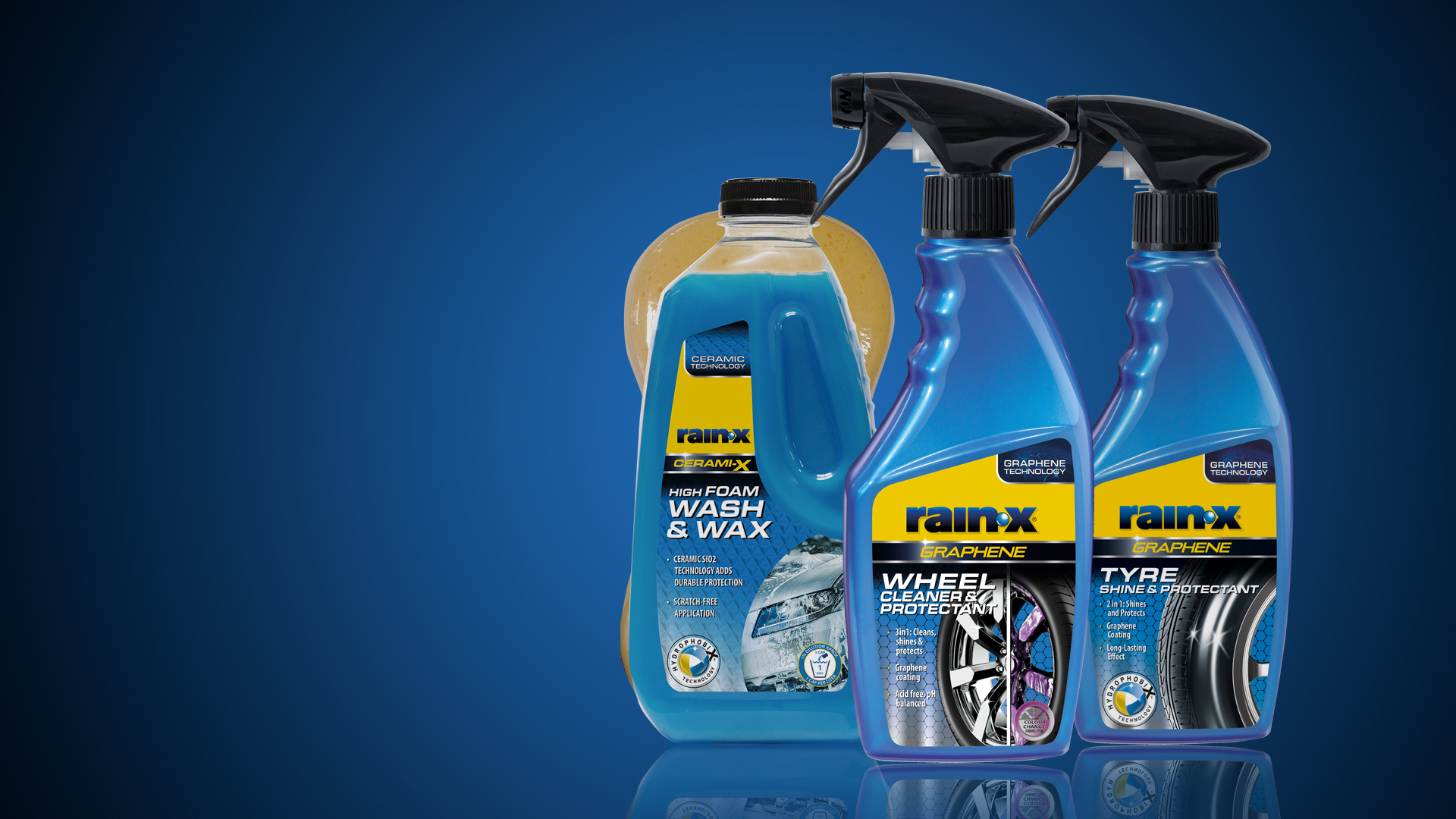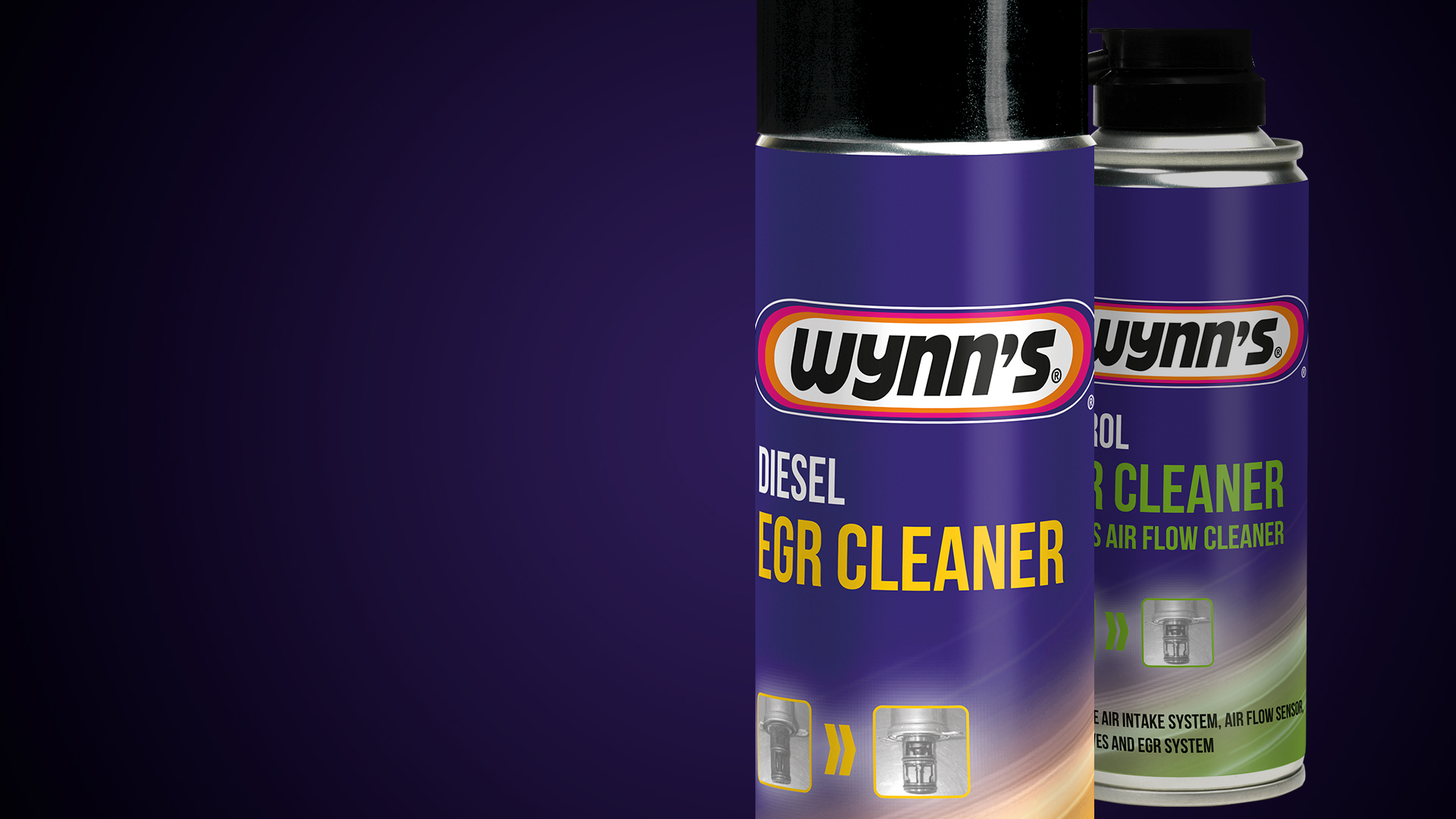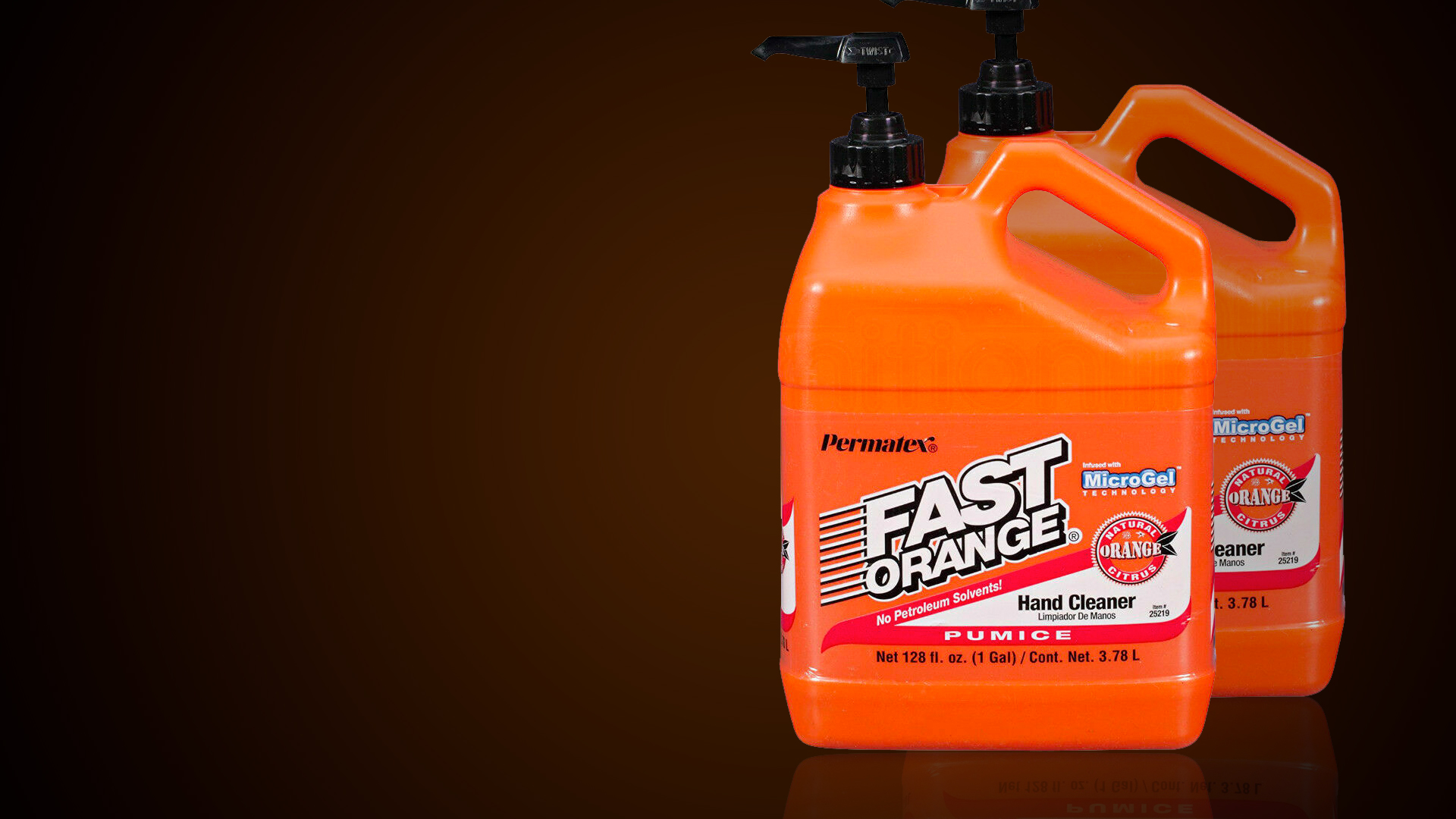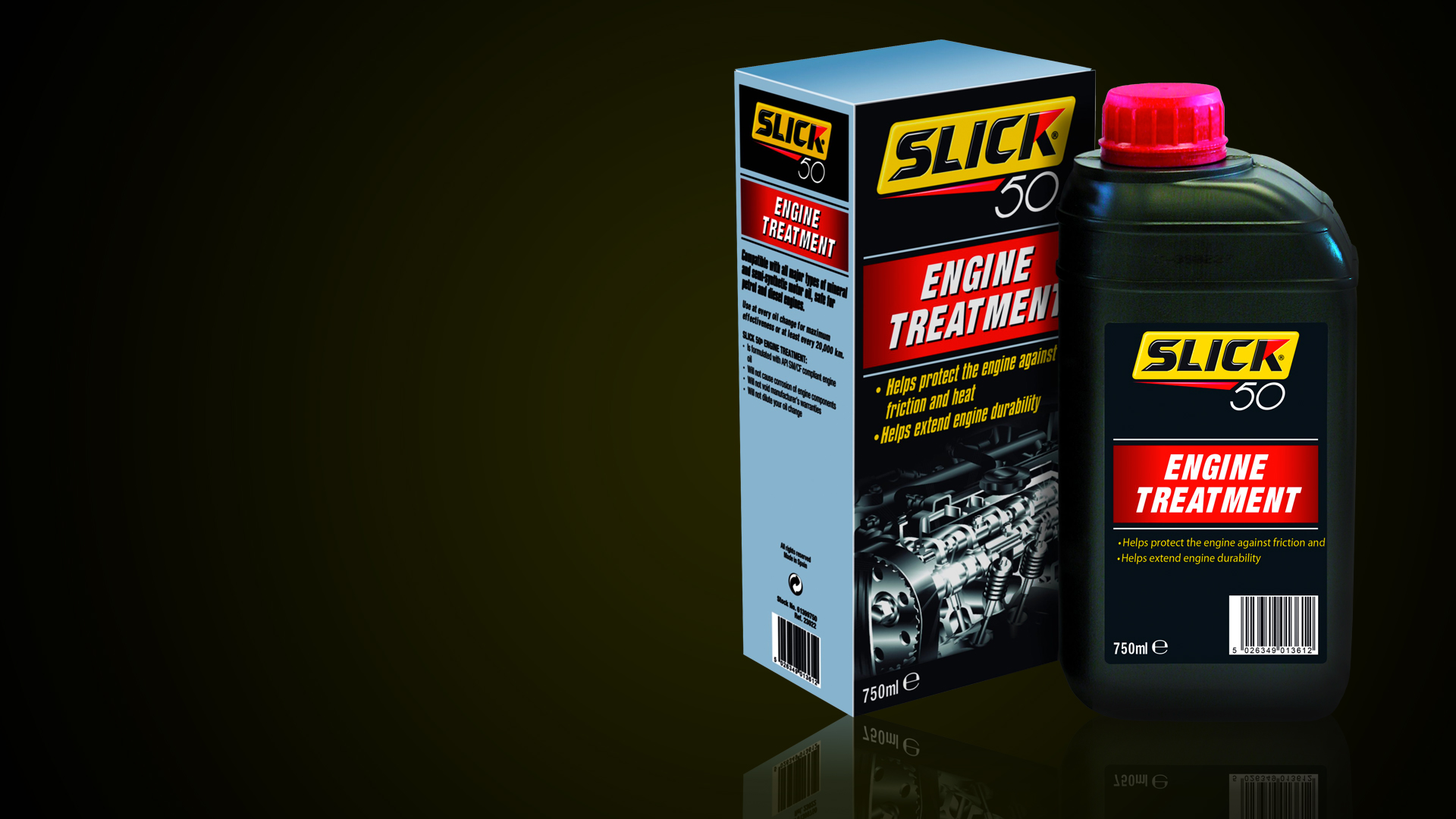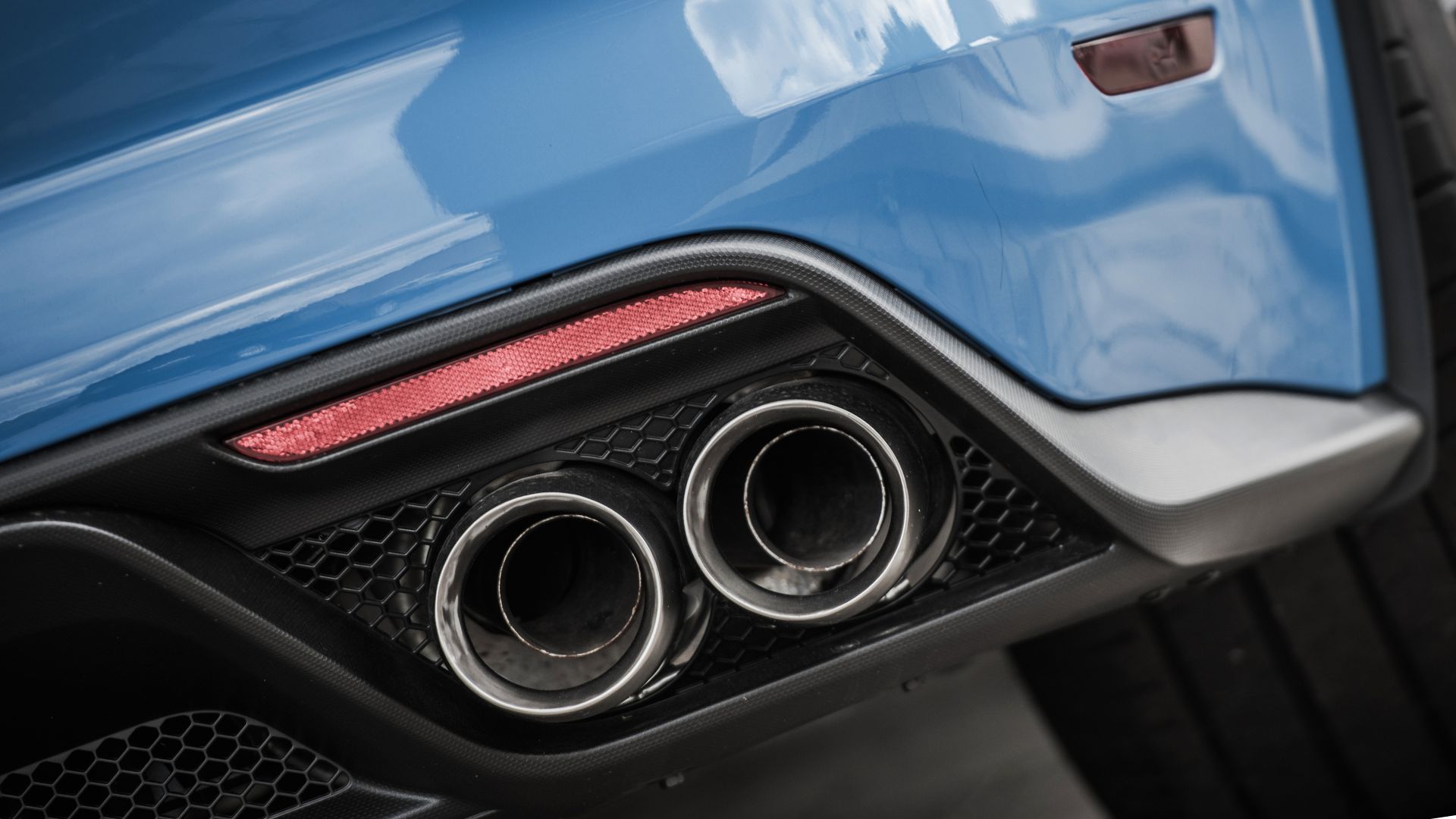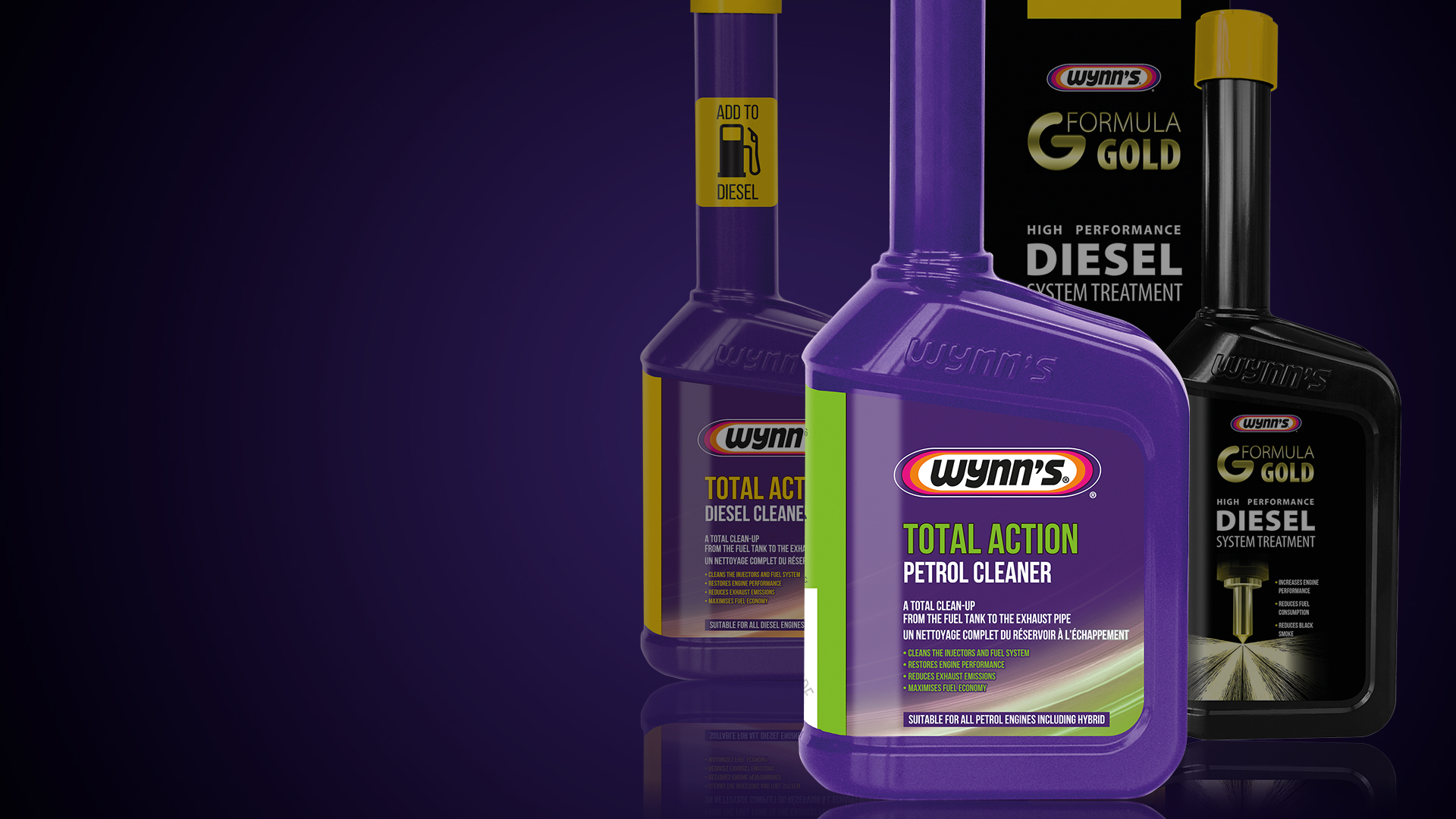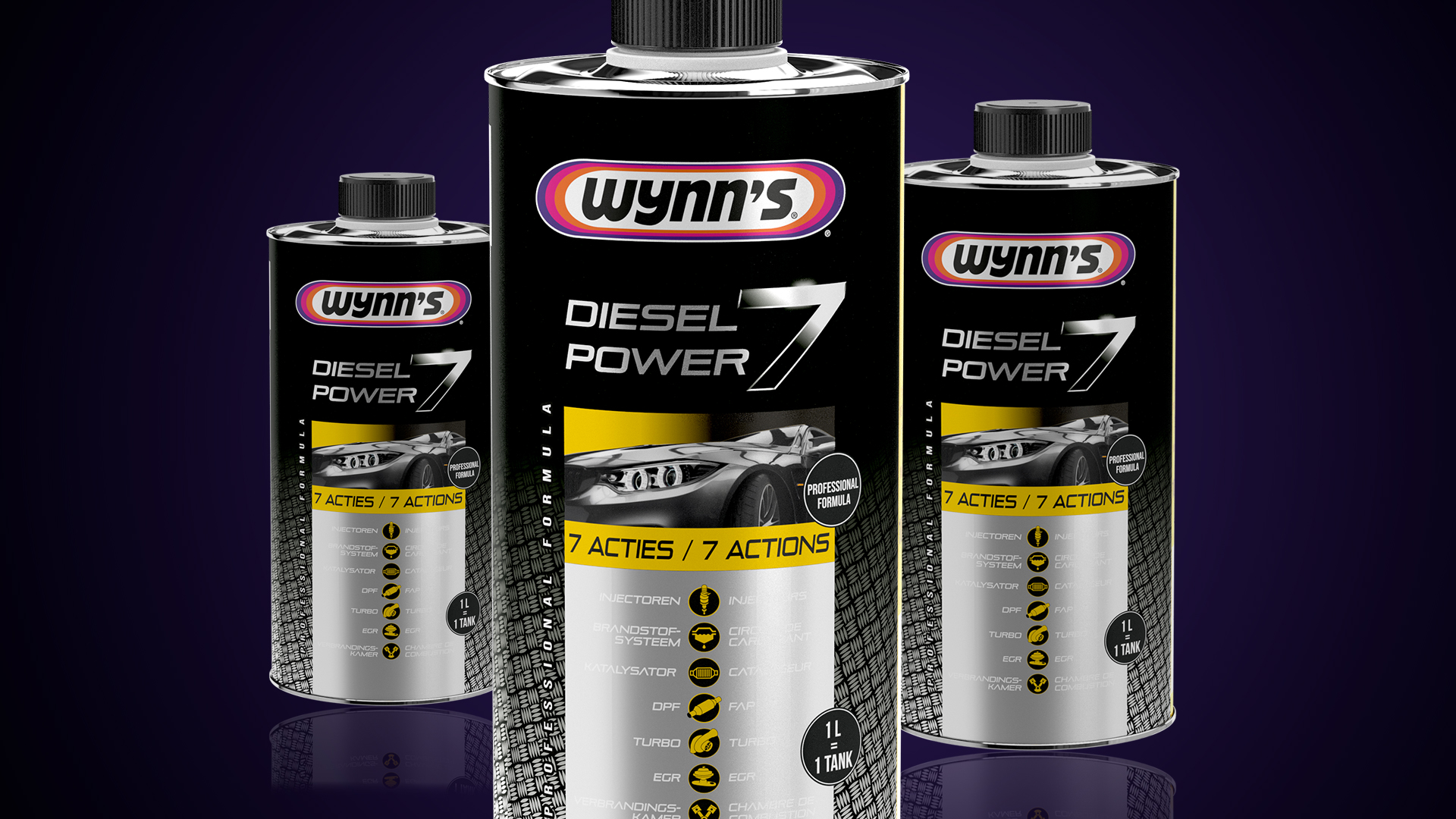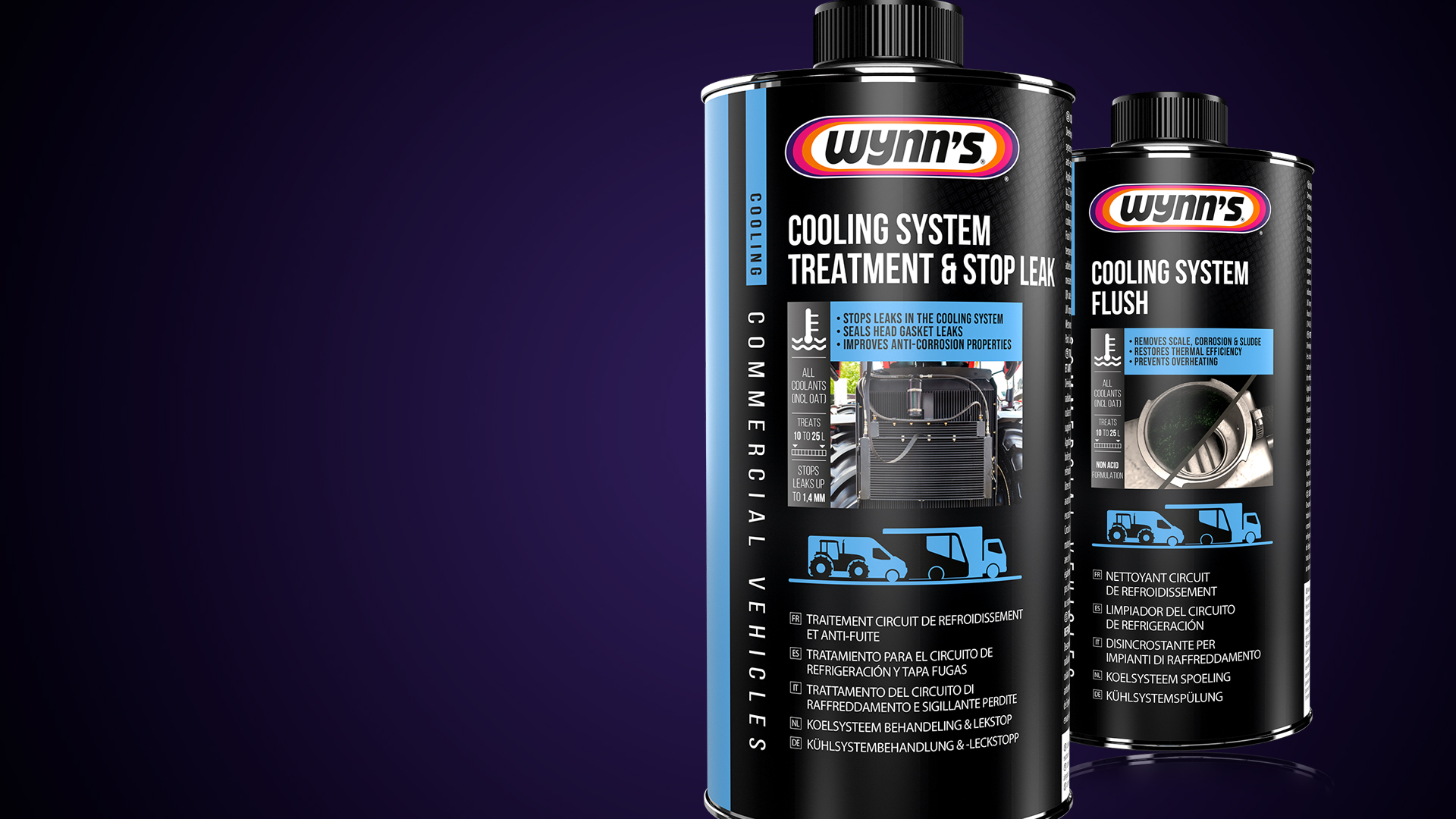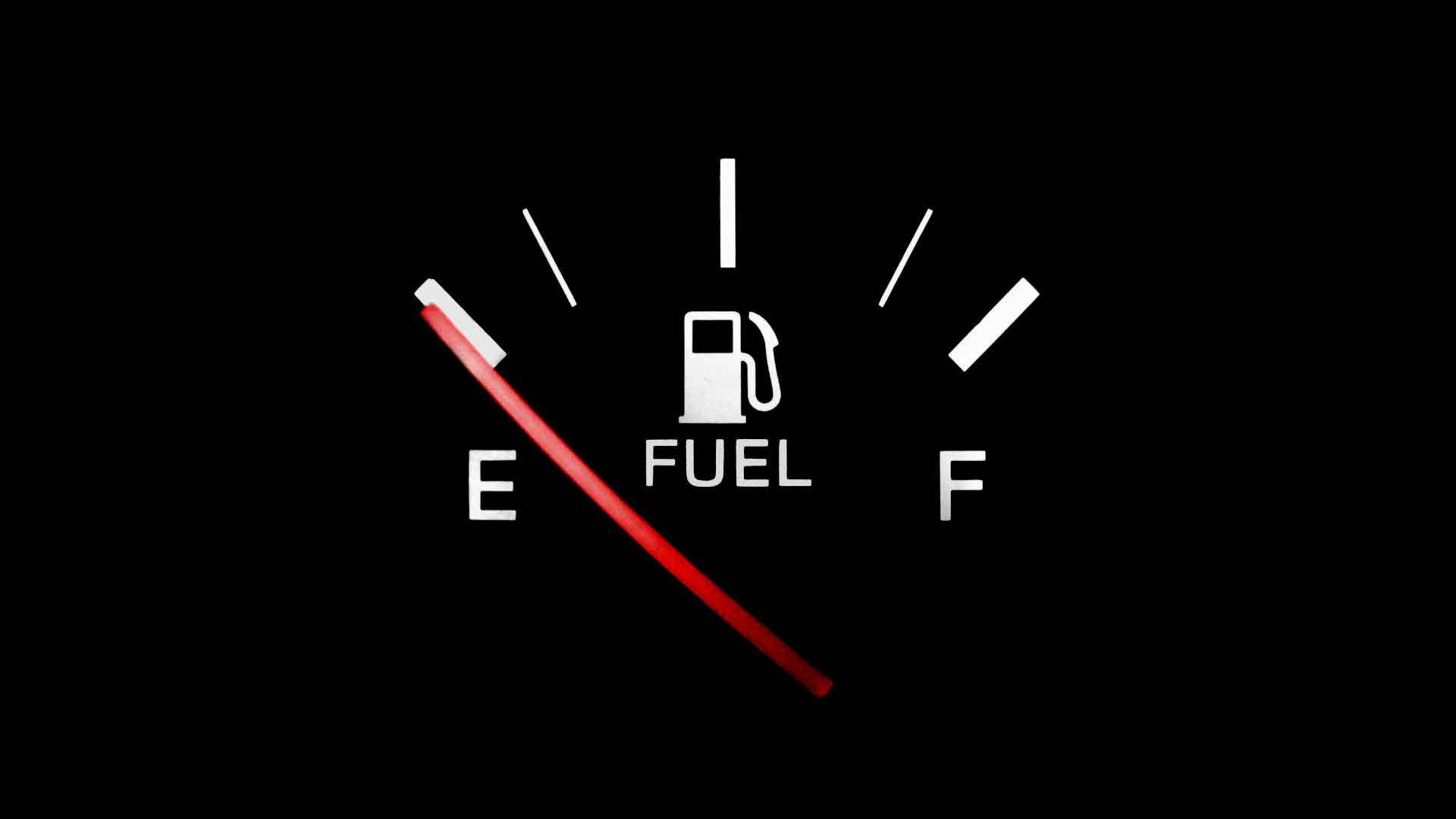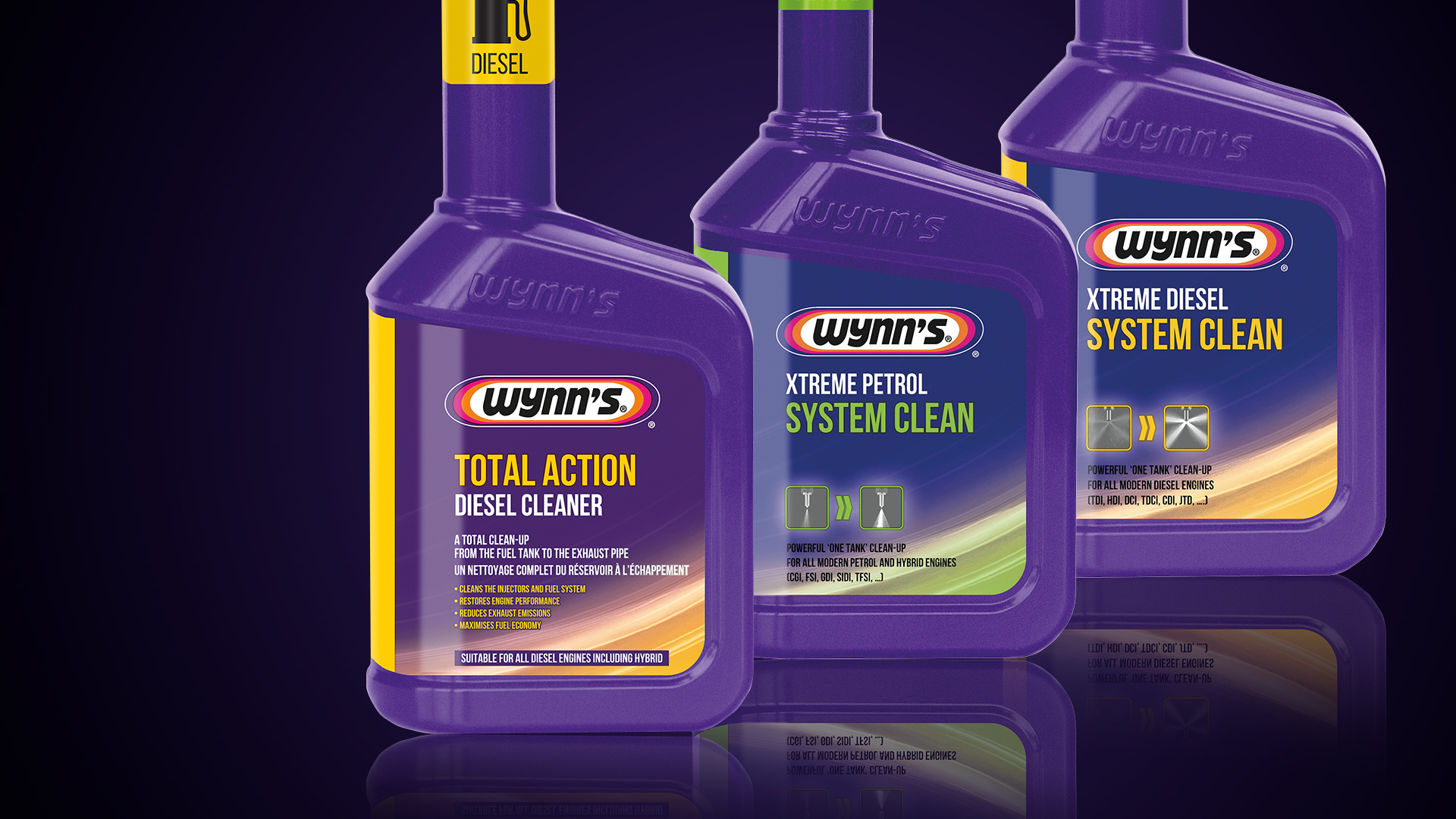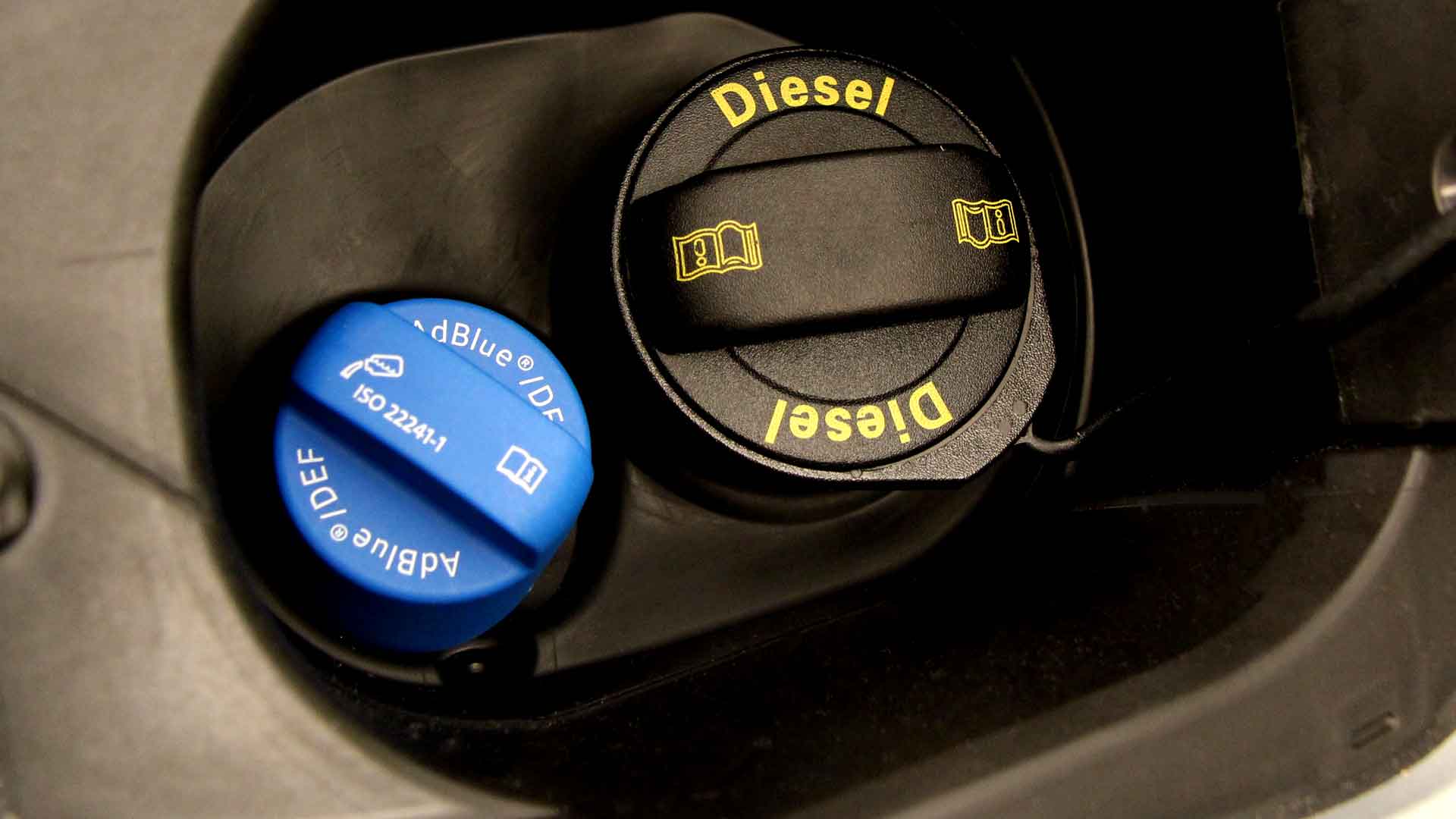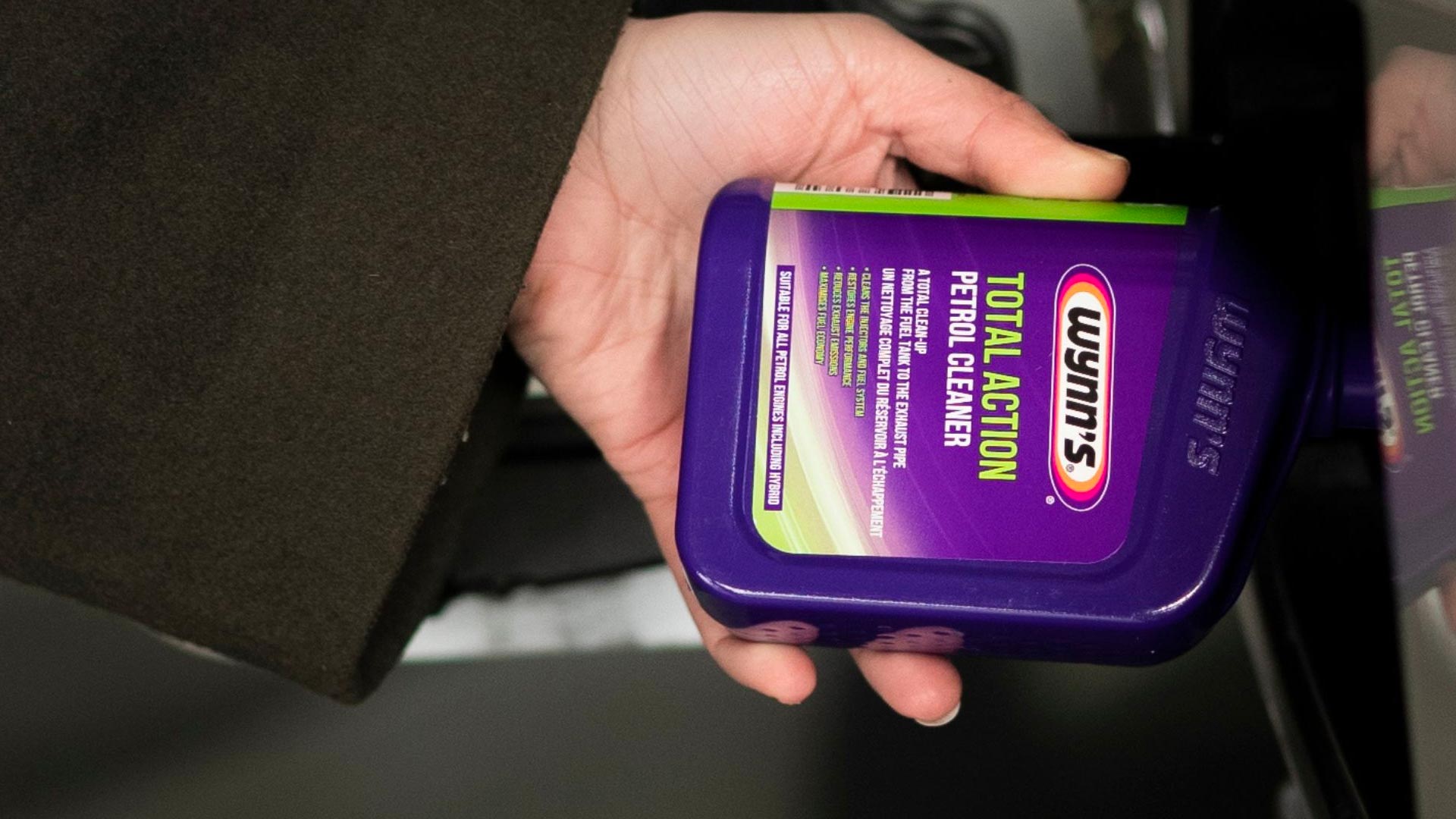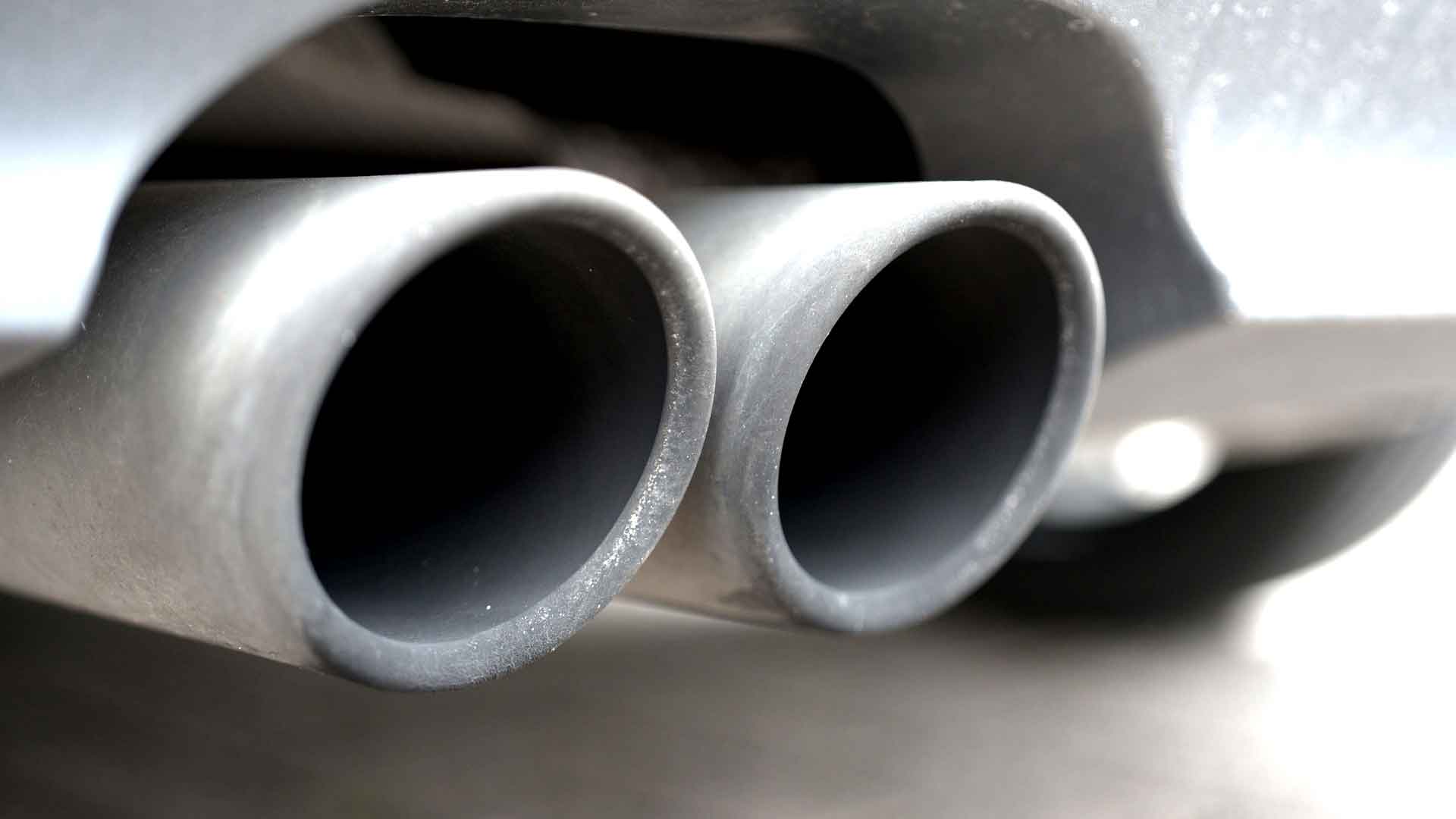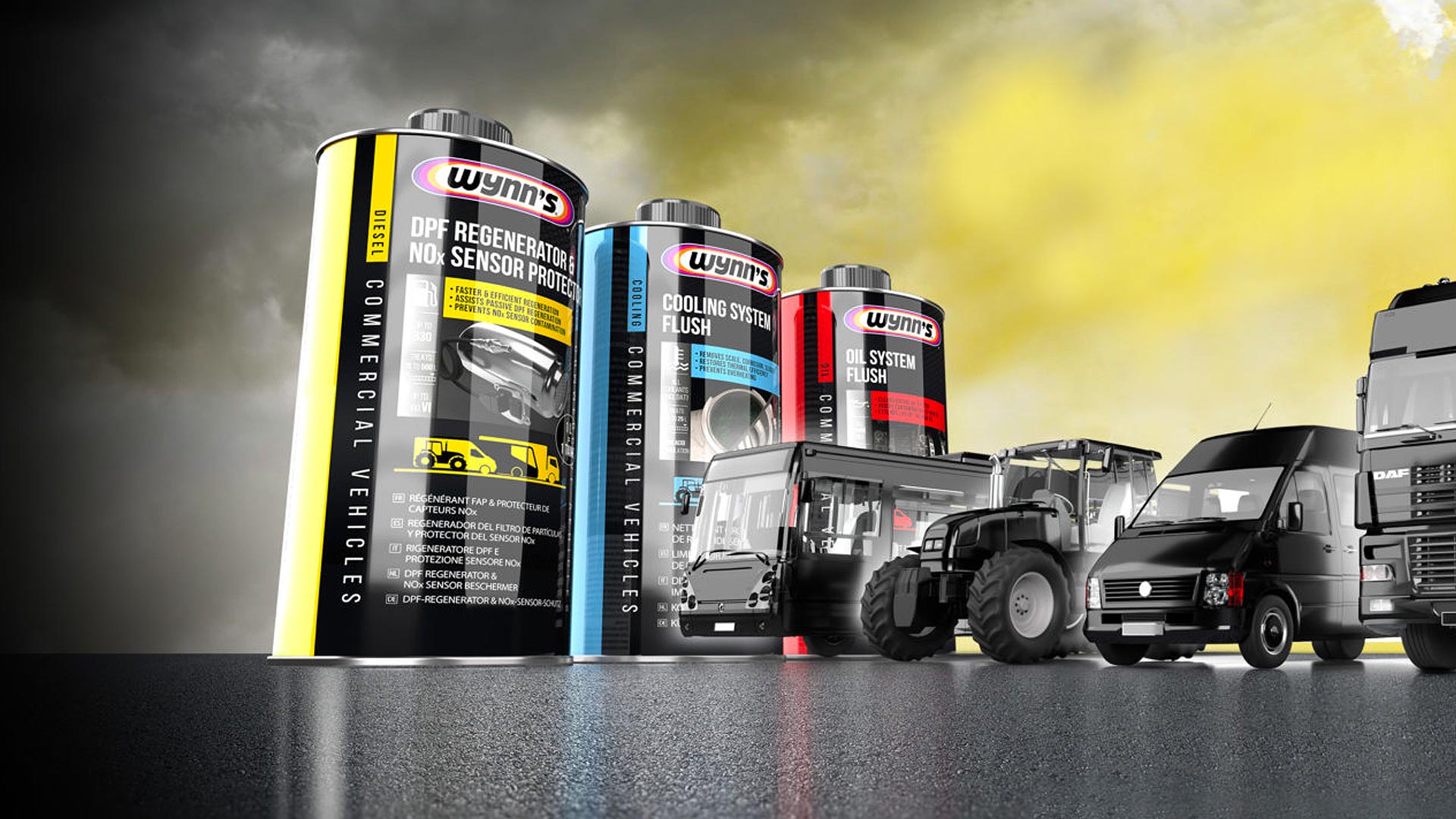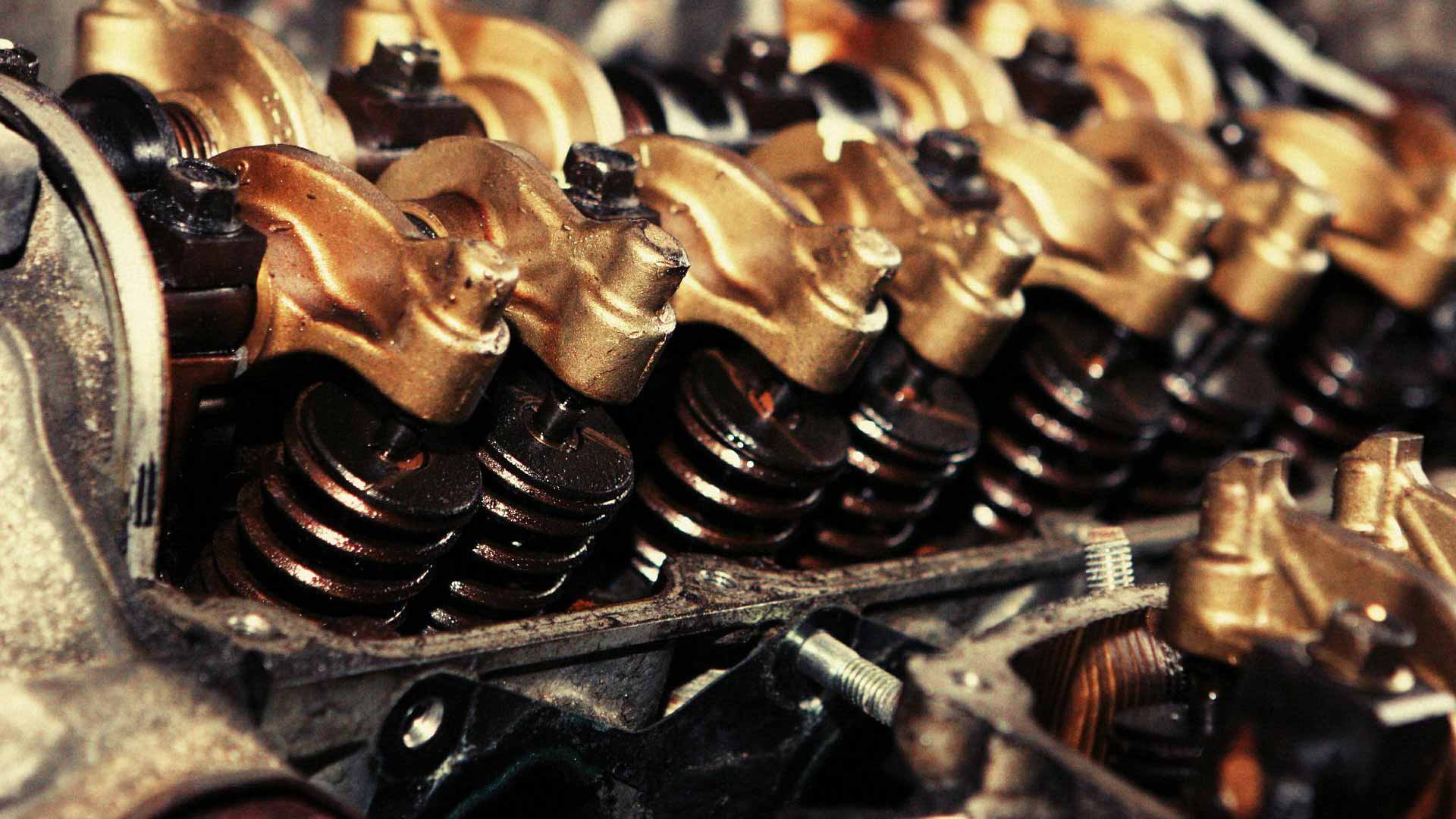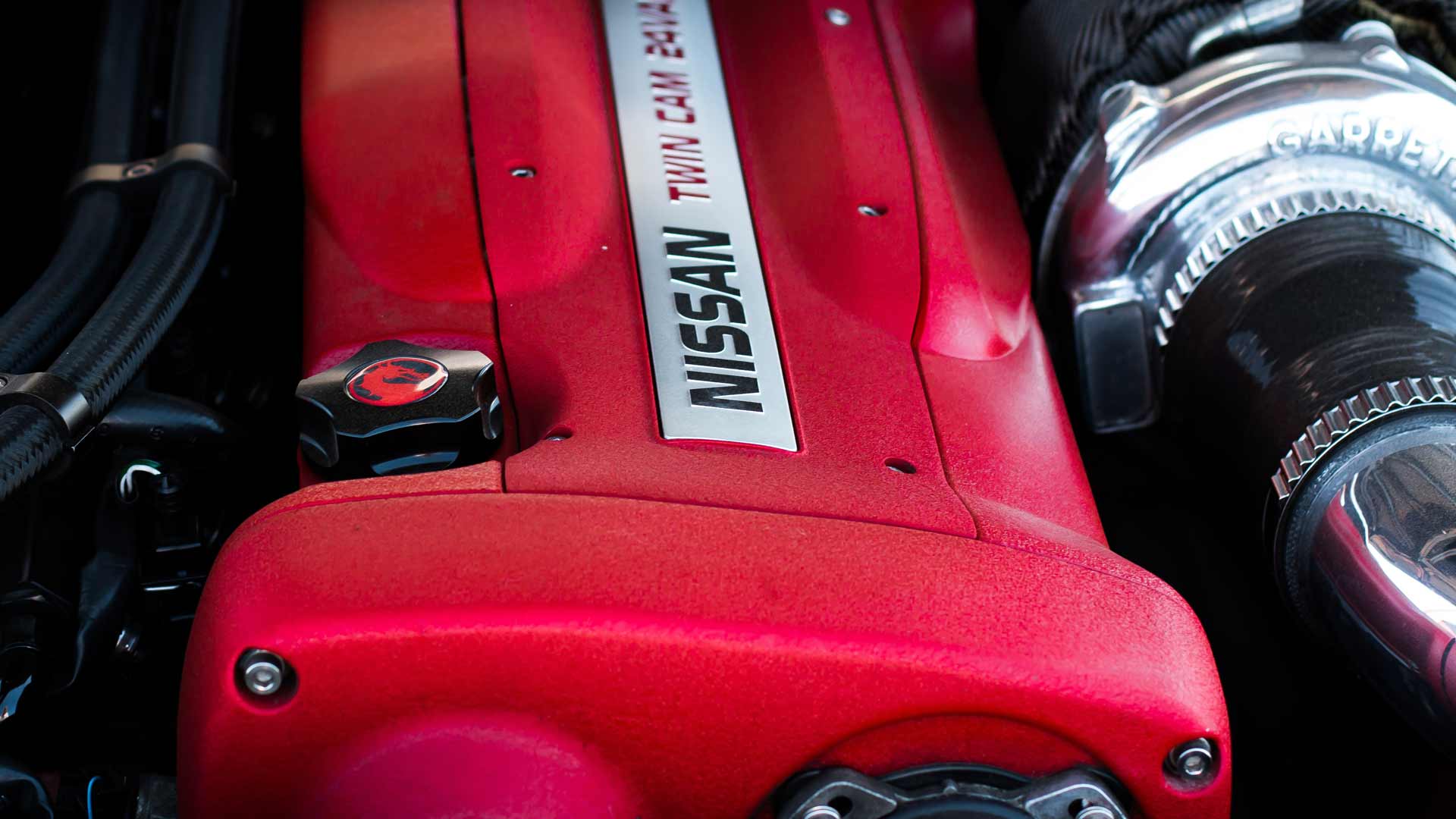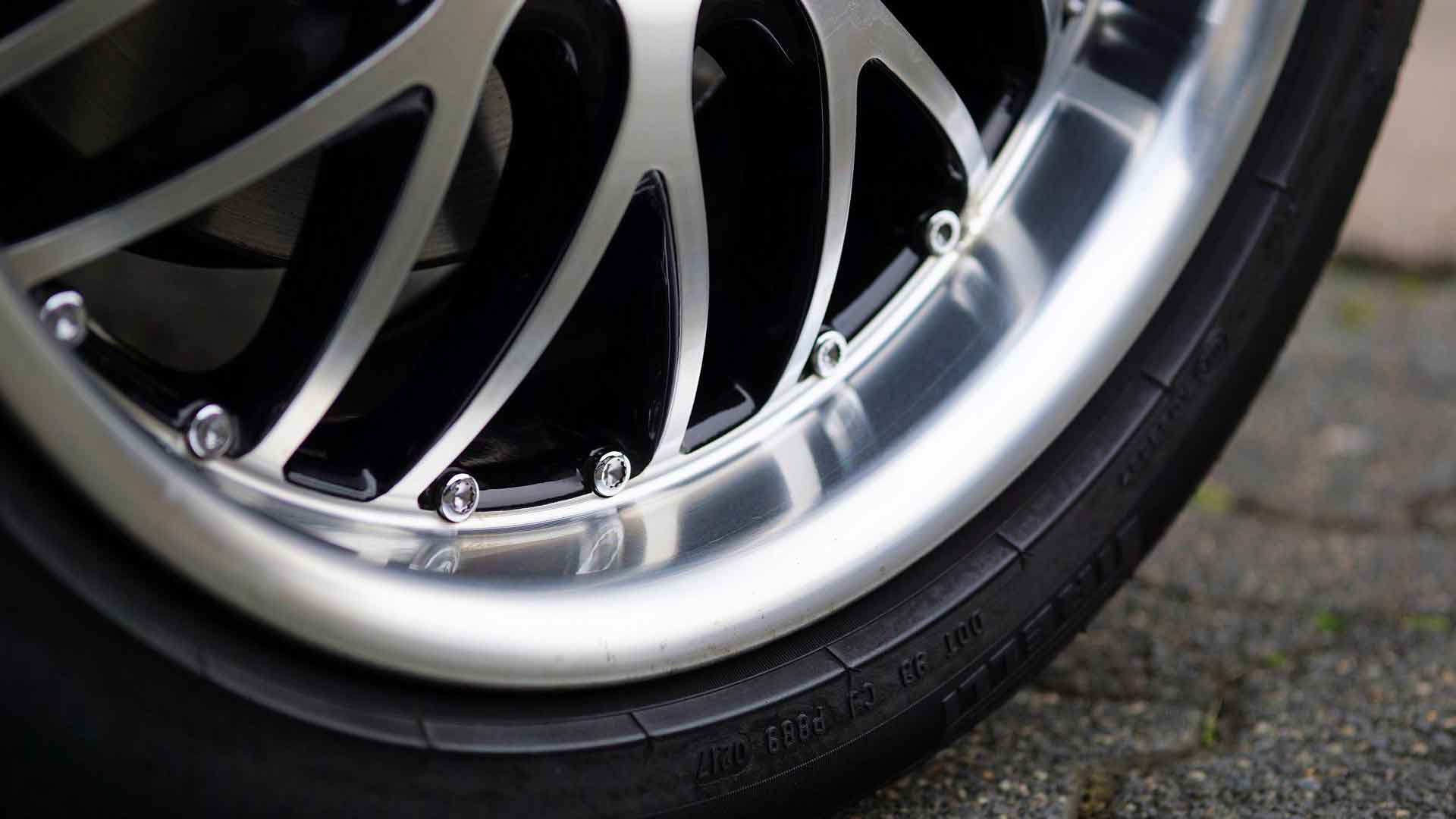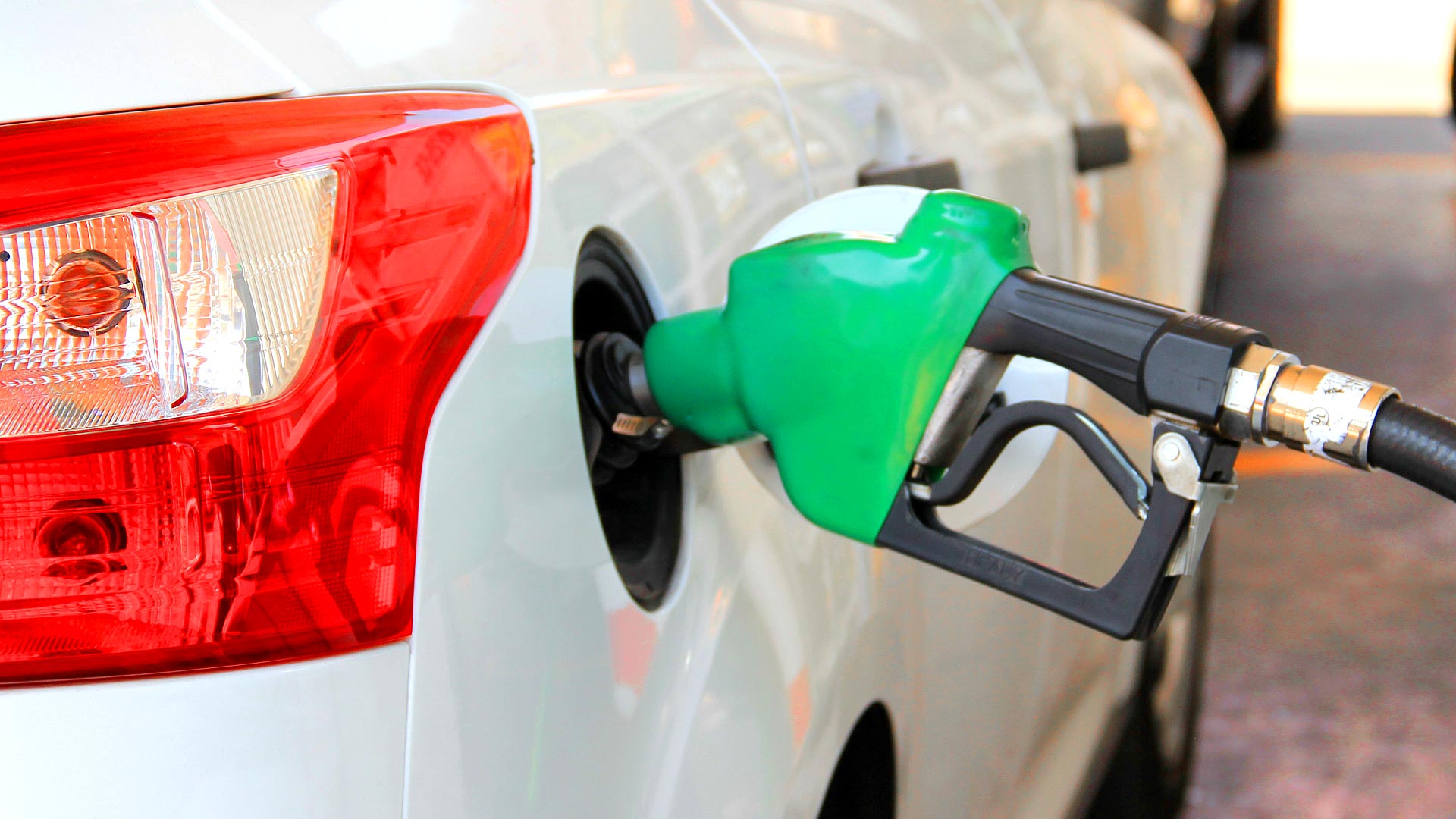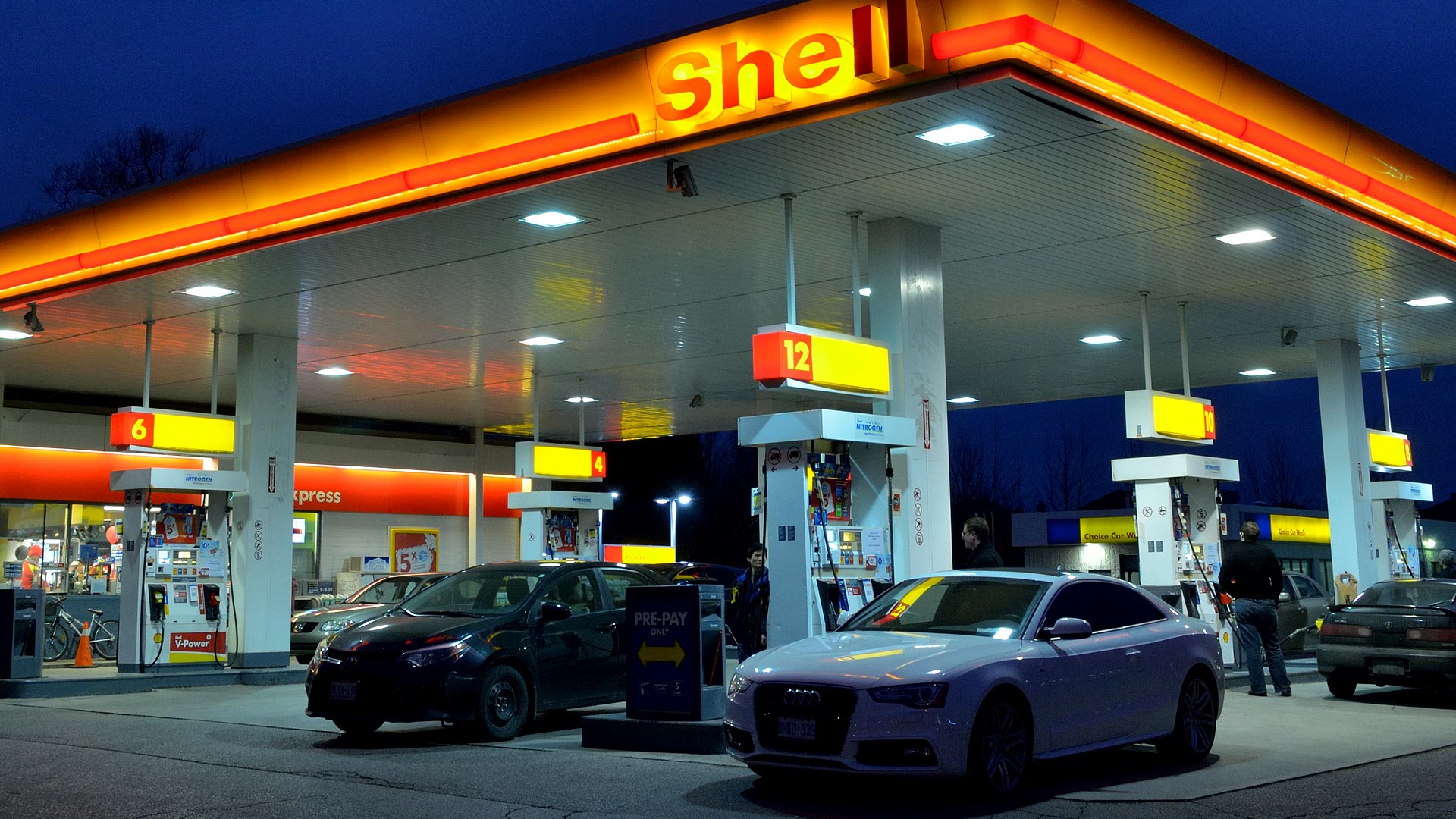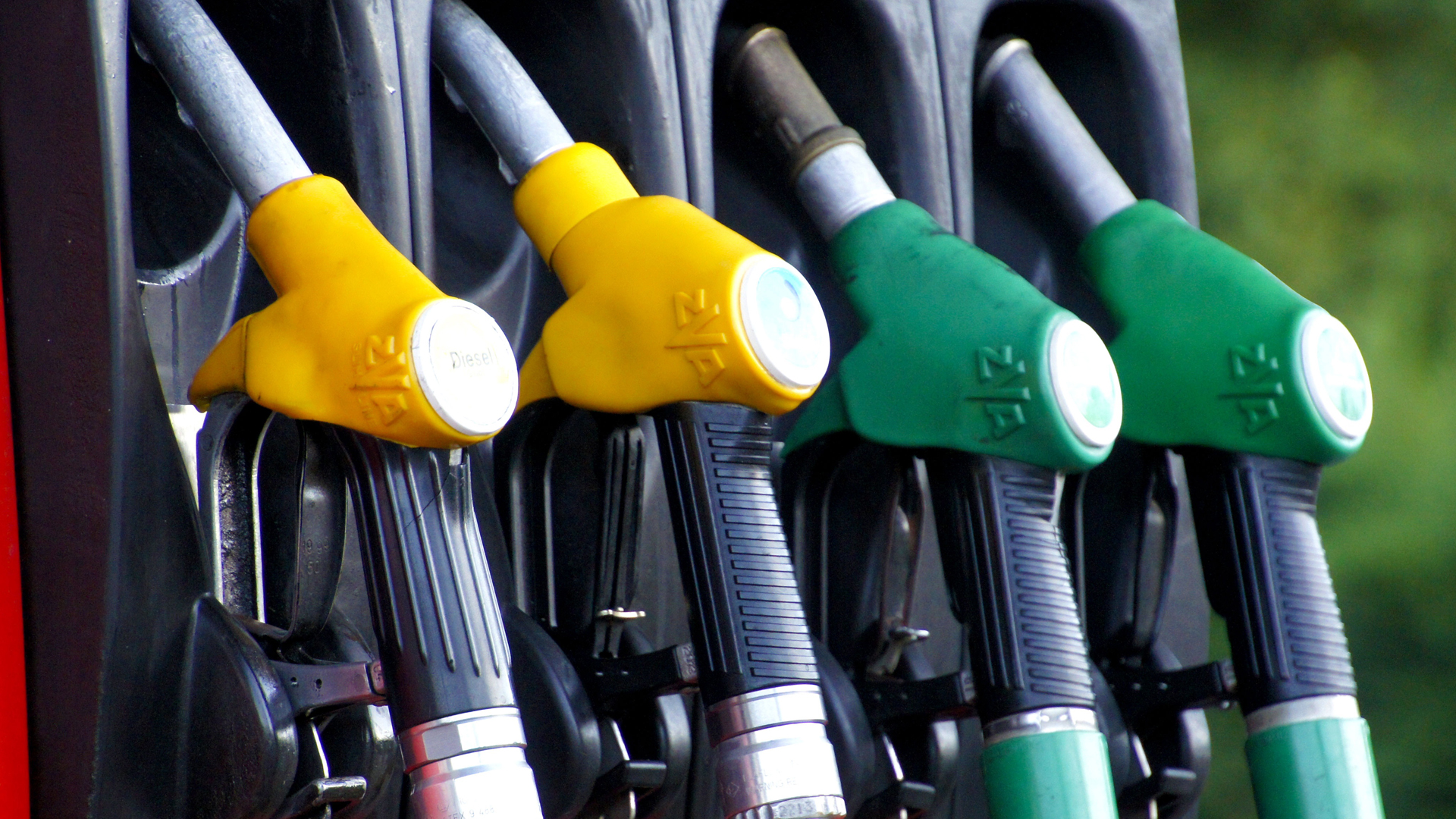Expert tips for E10 fuel: E10 fuel is becoming the UK’s standard petrol grade, meaning almost all filling stations’ standard 95-octane (premium) petrol grade will be blended with up to 10% renewable ethanol.
E10 is the reference fuel against which new cars are tested for emissions and performance since 2016. Introducing E10 fuel in the UK forecourts could cut transport CO2 emissions by 750,000 tonnes a year – the equivalent of taking 350,000 cars off the road. However, it is estimated that as many as 600,000 vehicles on our roads aren’t compatible with the fuel.
Prolonged use of E10 petrol in non-compatible vehicles may cause harm and is not recommended.
Drivability Issues
Ethanol increases engine deposits and affects drivability, which leads to corrosion and, eventually, component failure. Deposit and corrosion formation affects engine efficiency and durability.
E10 is a less stable fuel. It may cause some pre-detonation (pinking), a little rough running and poor cold starting. It makes it more challenging to start a vehicle that has not been driven for an extended period. Ethanol’s higher volatility can contribute to ‘vapour lock’ issues in older vehicles when operating temperatures are higher.
Using E10 petrol can affect fuel economy. It is reported drivers may experience around a 1-3% reduction.
Long-term Effects
Ethanol’s high solvency can cause problems with seals, hoses and gasket materials used in the fuel system and with cork, polyurethane, fibreglass/epoxy resins. Besides a risk of fuel leaks, rubber components and resins can become partially dissolved, producing deposits that could foul injectors and carburettor jets.
Depending on how much fuel and how long it takes to be used, fuel containing ethanol can become acidic due to its hygroscopic nature (ability to absorb and retain water) and cause corrosion of aluminium, zinc and galvanised materials, brass, copper and lead/tin coated steels.
We will see issues with vehicles registered before 2002 and a proportion of vehicles registered up to 2011. What is not clear is vehicles registered after 2011 will encounter the same problems, but they are not being attributed to E10 fuels. This is because the effects on the vehicle will be very different, depending on how people fill up the vehicle and how much they use it.
New: Wynn’s Specialist E10 Protector. Making E10 petrol safe for all petrol engines
Wynn’s Specialist E10 Protector is specifically developed to prevent problems of corrosion in the fuel system when using E10 fuel. It offers motorists an economical solution to eliminate the risk of engine damage caused by E10 fuel.
- Makes E10 safe for petrol engines
- Protects the fuel system against the harmful effects of E10
- Reduces the risk of expensive engine damage caused by E10
- Protects fuel system components against corrosion
- Lubricates the entire fuel system, including seals and gaskets
- Reduces friction and wear of fuel system components
- Harmless for catalytic converters
